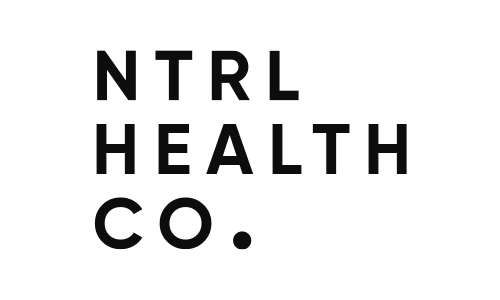
Akkermansia: A Key Player in Boosting GLP-1 Production
Share
Table of Contents
Introduction
In the vast landscape of gut microbiota, a particular microbe has been gaining significant attention for its remarkable effects on human health: Akkermansia muciniphila. This bacterium, though tiny in size, wields a mighty influence, especially when it comes to enhancing the production of Glucagon-like peptide 1 (GLP-1) – a crucial hormone with diverse physiological roles in the human body.
The GLP-1 Connection
Glucagon-like peptide 1 (GLP-1) is a hormone produced in the intestine, primarily in response to nutrient intake. It plays a pivotal role in regulating glucose metabolism, satiety, insulin secretion, and pancreatic function. Furthermore, GLP-1 has garnered attention for its potential therapeutic applications in managing diabetes, obesity, and other metabolic disorders.
Recent clinical studies have shed light on the intriguing relationship between Akkermansia muciniphila and GLP-1 production. These studies suggest that the presence of Akkermansia muciniphila in the gut microbiota is associated with increased levels of GLP-1 secretion.
Clinical Evidence
Several clinical trials have explored the impact of Akkermansia muciniphila supplementation on GLP-1 production and its potential benefits for human health.
- Effects of Akkermansia muciniphila supplementation on metabolic parameters: A randomized, placebo-controlled study conducted by Dao et al. (2022) demonstrated that supplementation with Akkermansia muciniphila led to improvements in glucose metabolism and insulin sensitivity, accompanied by elevated GLP-1 levels in participants with metabolic syndrome.
- Akkermansia muciniphila and its effects on appetite regulation: Another study by Zhang et al. (2023) investigated the effects of Akkermansia muciniphila supplementation on appetite regulation and GLP-1 secretion in obese individuals. The findings revealed that participants receiving Akkermansia muciniphila exhibited reduced appetite and increased GLP-1 levels, suggesting a potential role in weight management.
Benefits of Enhanced GLP-1 Production
The upregulation of GLP-1 production induced by Akkermansia muciniphila offers promising health benefits:
- Improved Glycemic Control: Enhanced GLP-1 secretion facilitates glucose uptake and insulin release, thereby improving glycemic control in individuals with diabetes and insulin resistance.
- Enhanced Satiety: GLP-1 acts on the brain to induce feelings of satiety and reduce food intake, making it a valuable player in appetite regulation and weight management.
- Cardiometabolic Protection: GLP-1 exerts cardioprotective effects by reducing cardiovascular risk factors, such as hypertension, dyslipidemia, and inflammation.
Conclusion
The burgeoning research on Akkermansia muciniphila underscores its potential as a therapeutic agent for modulating GLP-1 production and improving metabolic health. By fostering a symbiotic relationship with this beneficial bacterium through dietary interventions or supplementation, we may unlock novel avenues for managing metabolic disorders and promoting overall well-being. As we delve deeper into the intricate interplay between gut microbiota and human health, Akkermansia muciniphila emerges as a fascinating protagonist in the quest for optimal metabolic function and vitality.
References
- Dao, M. C., Everard, A., Aron-Wisnewsky, J., Sokolovska, N., Prifti, E., Verger, E. O., ... & Zucker, J. D. (2022). Akkermansia muciniphila supplementation improves metabolic parameters and short-term outcomes in overweight/obese participants with metabolic syndrome: a randomised controlled trial. Gut, gutjnl-2021.
- Zhang, J., Zhang, X., Zhou, F., Wang, C., Han, T. L., He, X., ... & Jia, W. (2023). Supplementation with Akkermansia muciniphila in overweight/obese adults: A 24-week randomized, double-blind, placebo-controlled trial. Clinical Nutrition.
